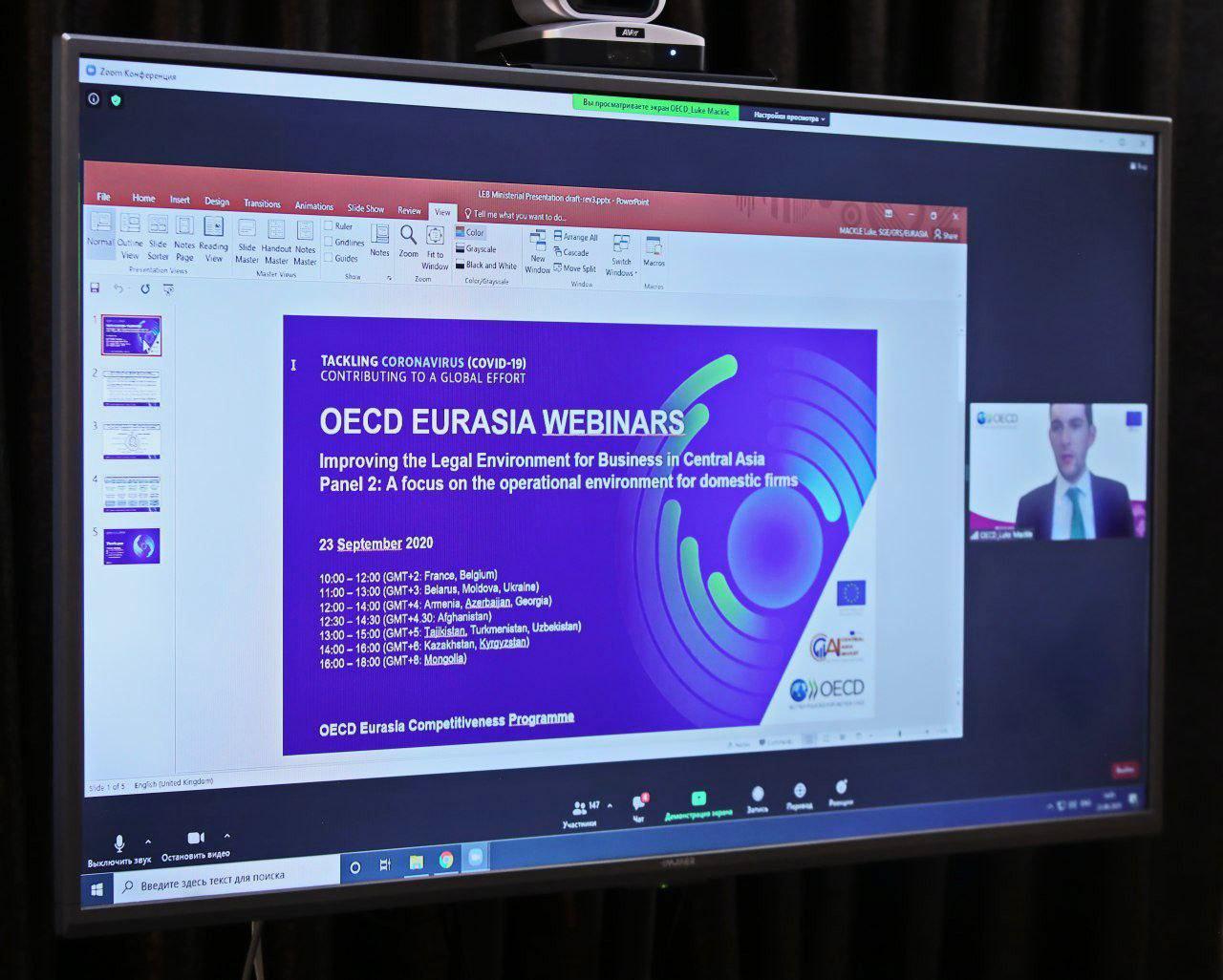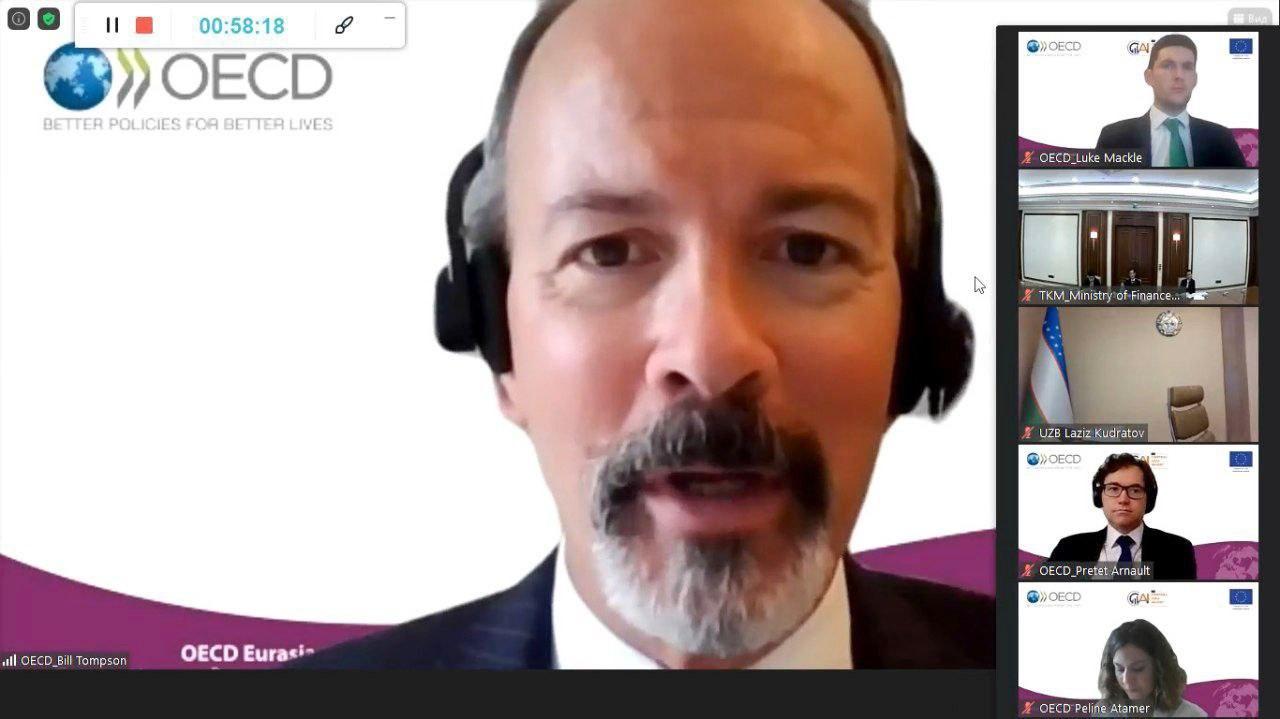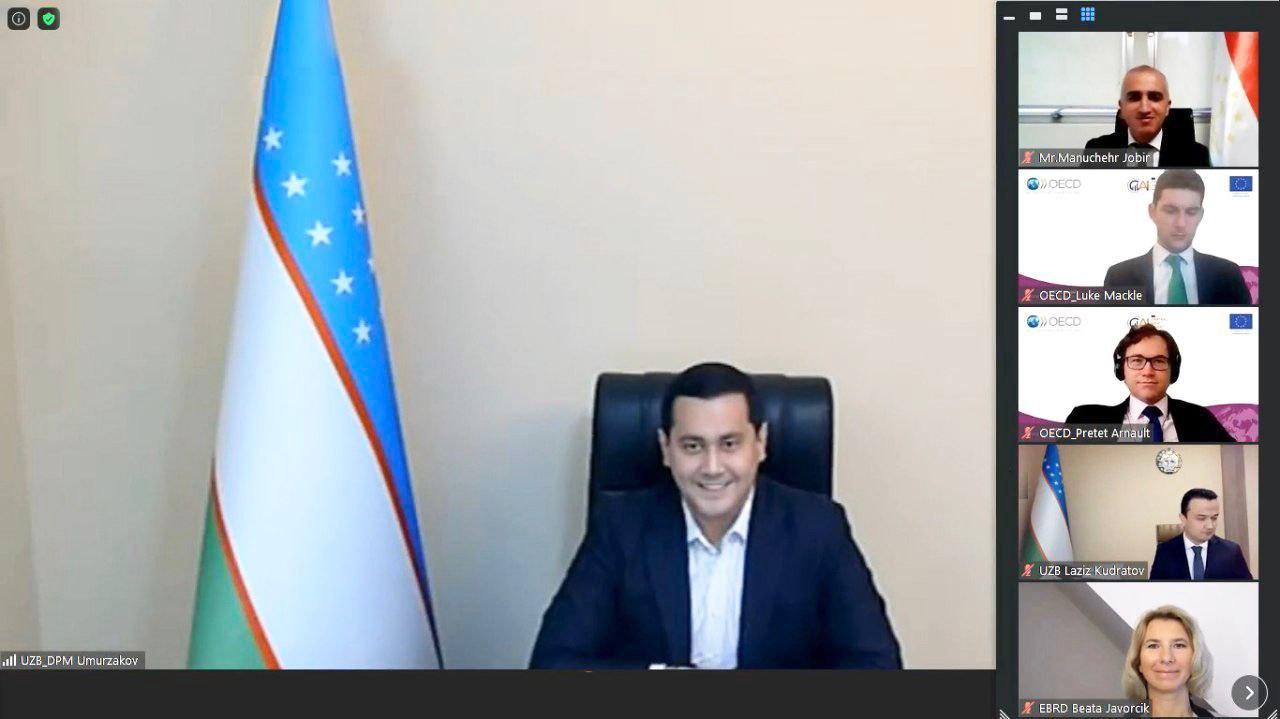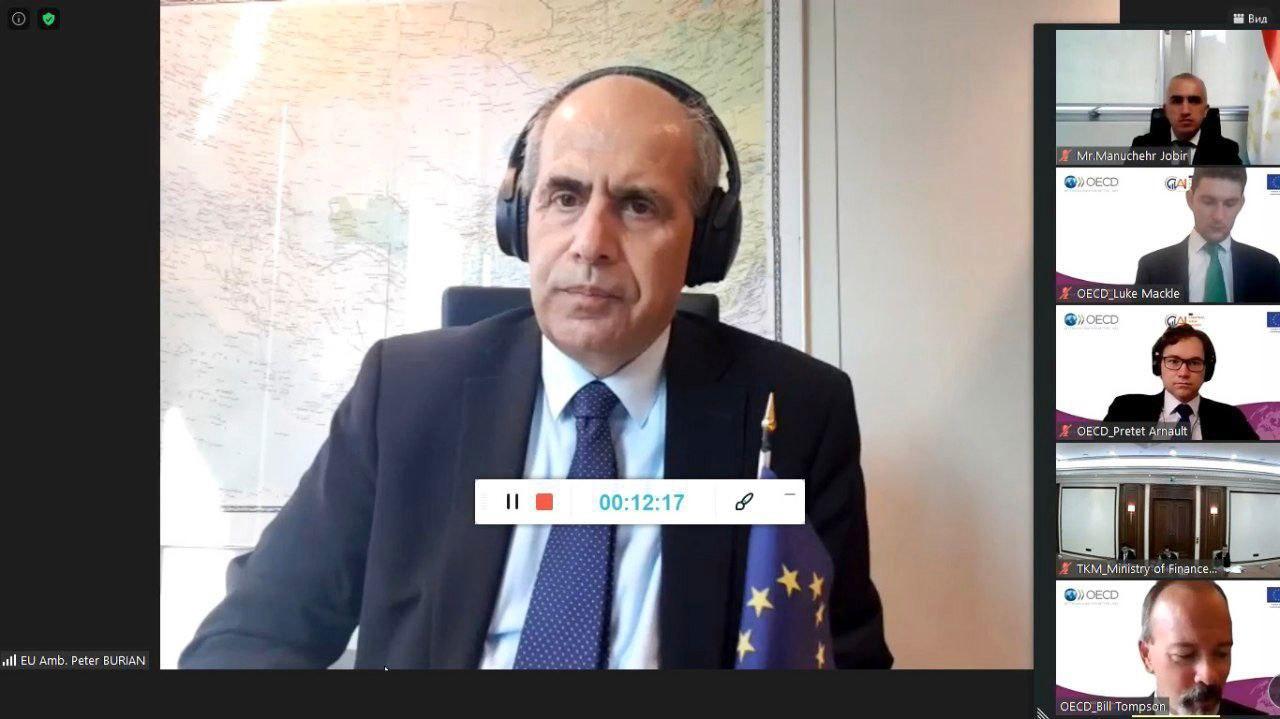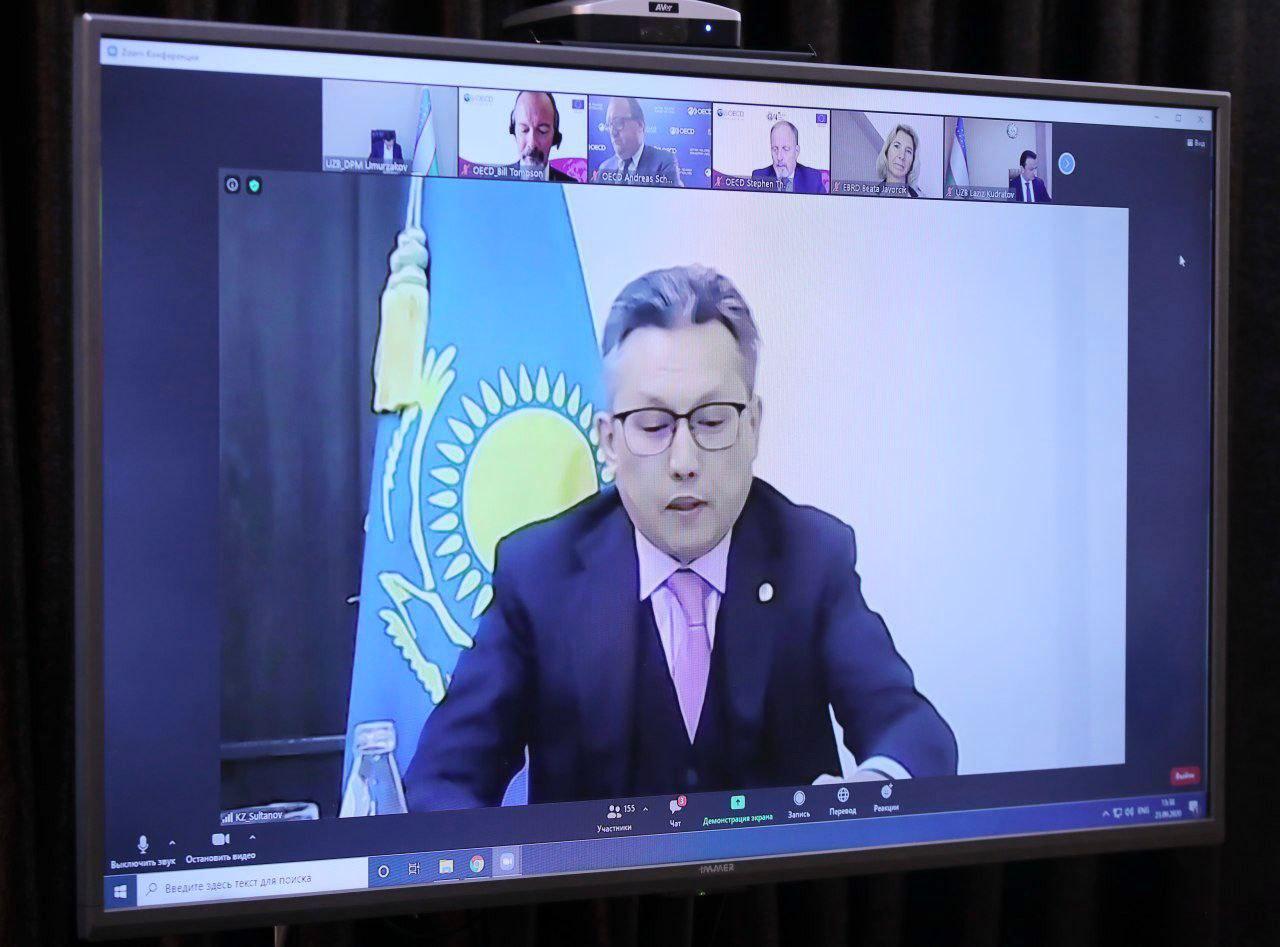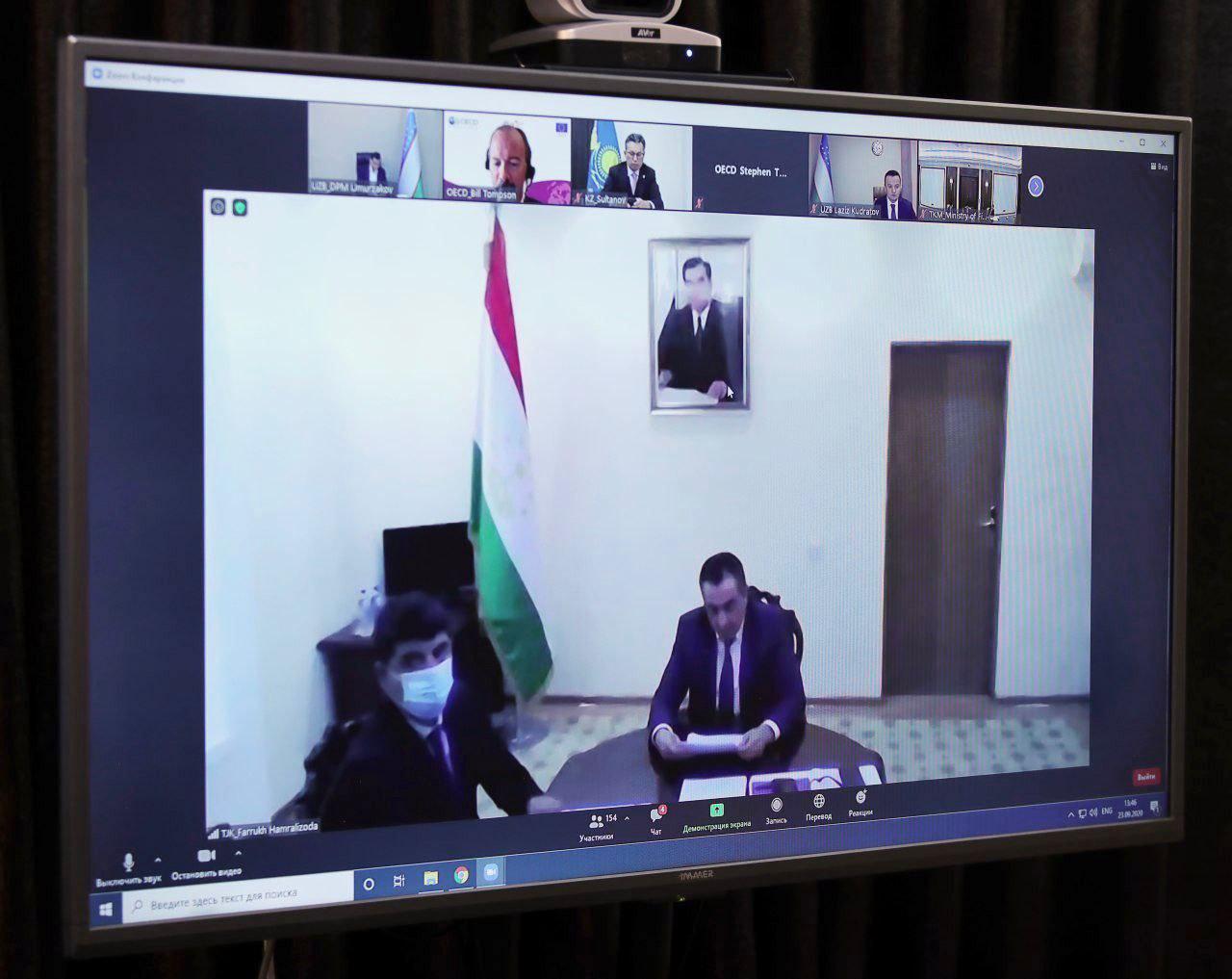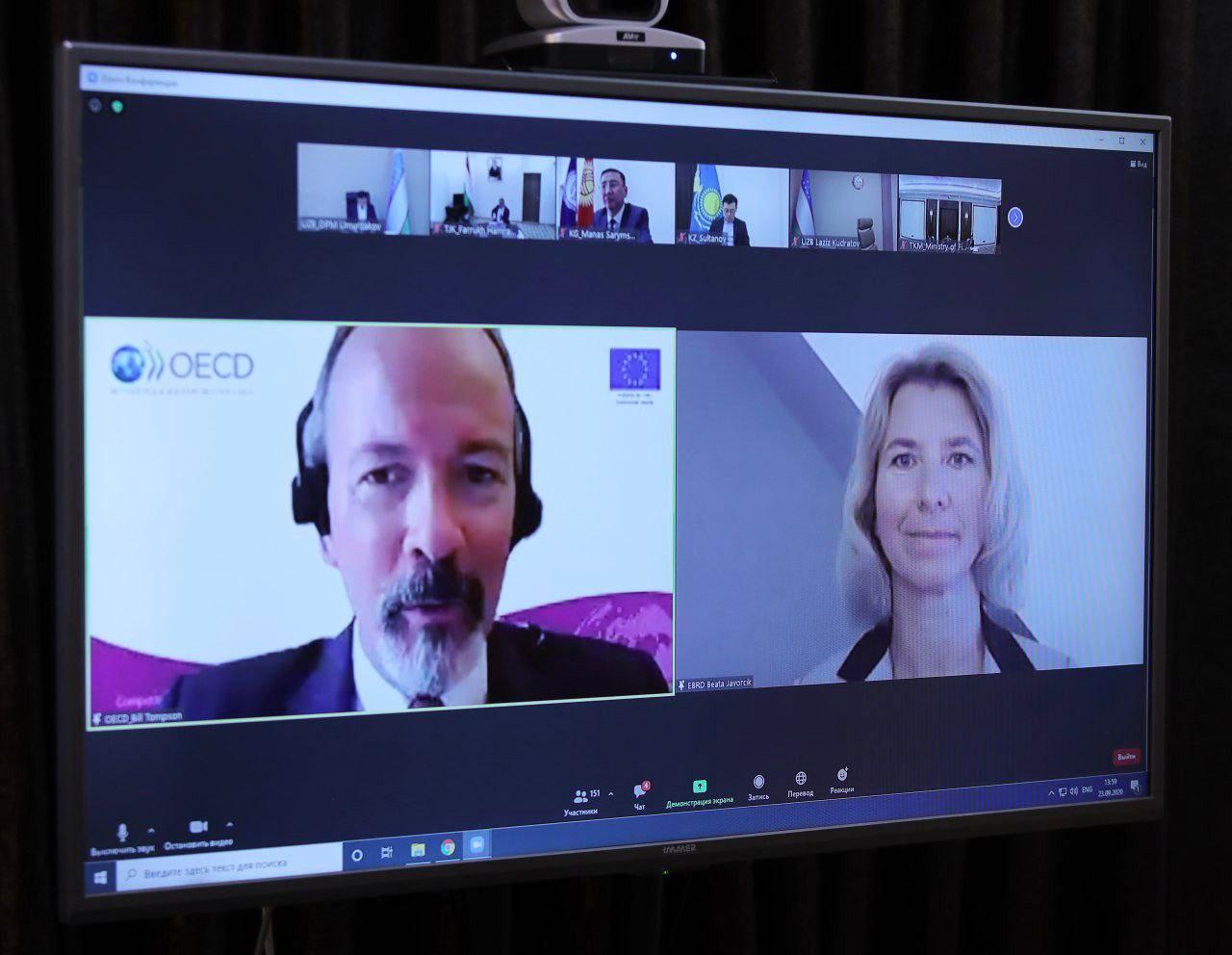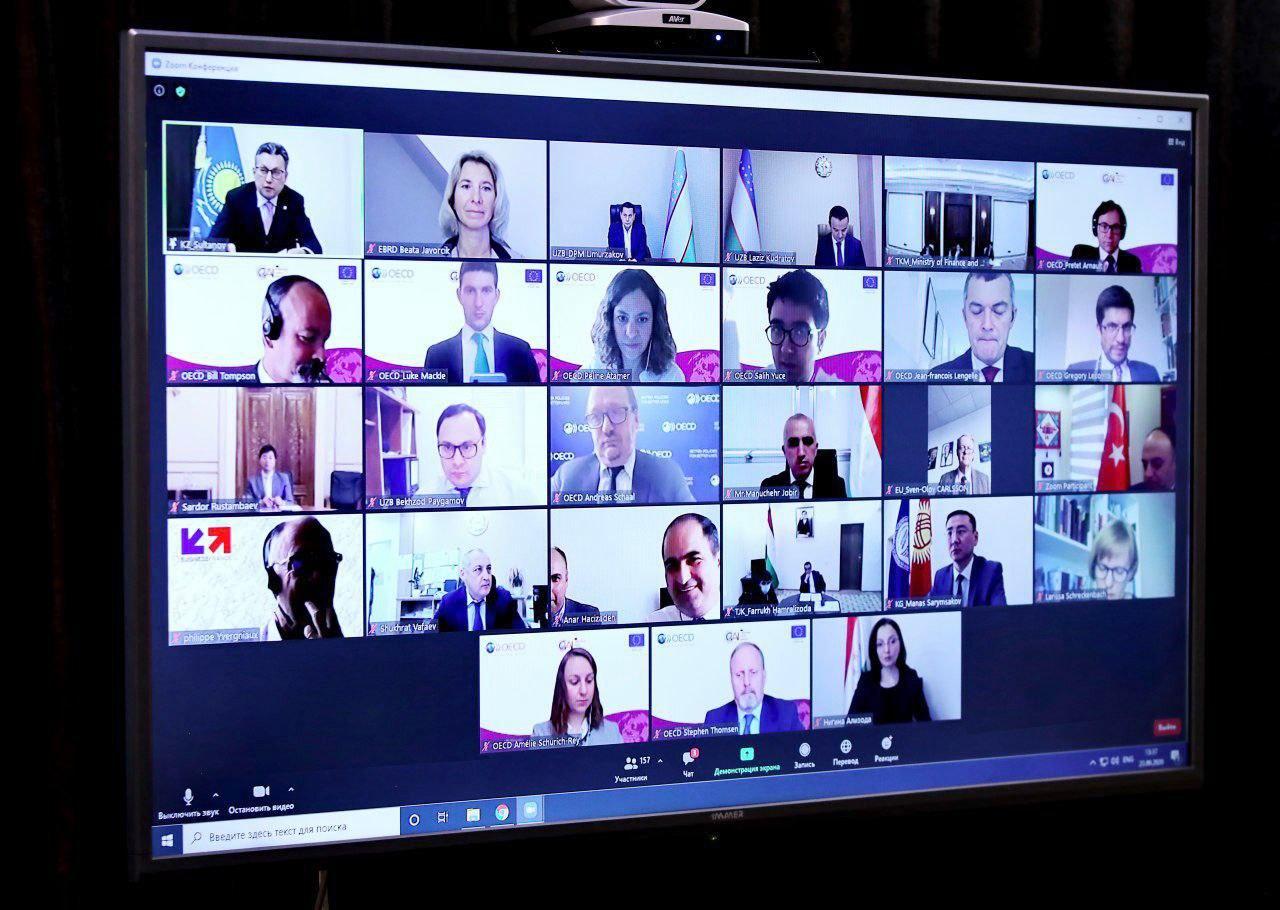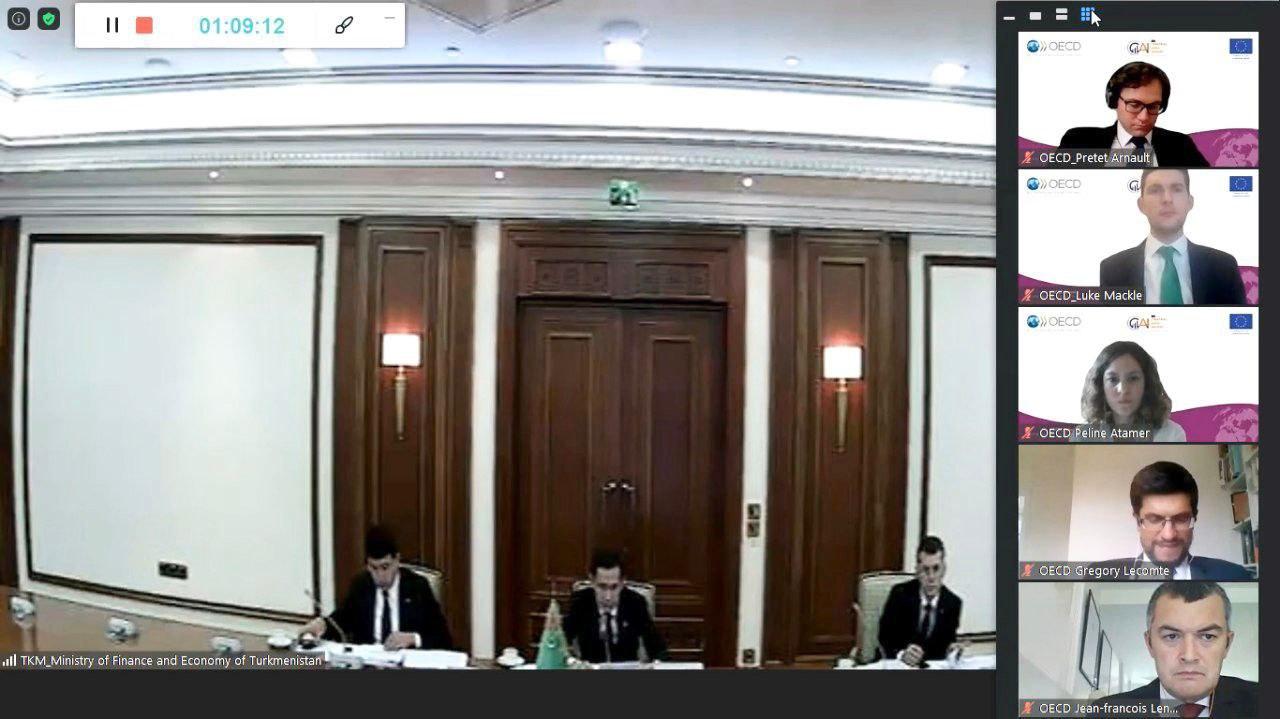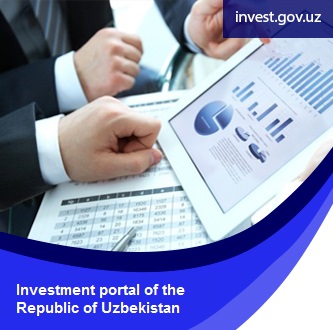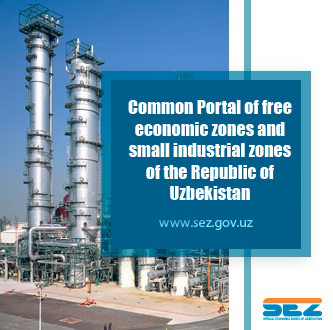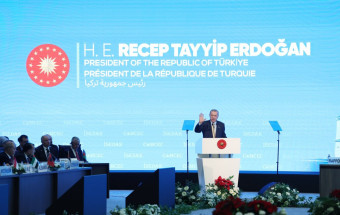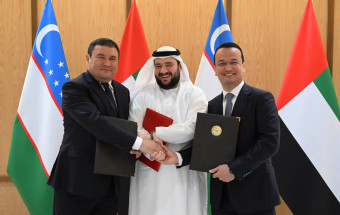Uzbekistan became the leader among Central Asian countries in terms of openness of economy for foreign direct investment
On September 23 this year, Organization for Economic Cooperation and Development (OECD) held a regional webinar via video-conferencing dedicated to the 'Improvement of Legal Environment for Entrepreneurship in Central Asian Countries attended by members of governments, heads of ministries and departments of the investment and economic blocs regional countries, as well as heads of EU missions and international financial institutions.
The webinar was divided into a number of panel discussions. The one on them was dedicated to general conditions for investment and commerce in the Central Asian countries. One discussion touched upon the results of the assessment of the legal environment of entrepreneurship and investment activities in the regional countries held by the OECD experts.
It should be noted that this year, Uzbekistan firstly was included in the OECD Index of Regulatory Restrictions on Foreign Direct Investment, which demonstrates the degree of openness of the economies of various countries for foreign investors. The position of one or another country in the Index is based on the absence of existing restrictions on the equity participation of foreign investors in enterprises, the need to obtain additional permits, restrictions on the hiring of key personnel, and other factors that may impede the attraction of foreign investment to the country.
Thanks to institutional improvements and large-scale reforms in the investment and economic areas, effective interaction of relevant ministries and departments to improve the business environment and investment climate, Uzbekistan ranked 43rd among 83 countries included in the Index ahead of its nearest neighbors - Kazakhstan (56th place), Tajikistan (58th place) and Kyrgyzstan (62nd place).
It is worth noting here that according to the rating, Uzbekistan has significantly fewer regulatory restrictions on foreign investors' activities than in countries such as Poland (44th place), Switzerland (49th place), USA (52nd place), South Korea (61st), Canada (66th) and Russia (77th). At the same time, Luxembourg was the first in the rating, followed by Slovenia, Portugal, Romania and the Czech Republic. Philippines, Palestine, Algeria and Libya shared the last places.
Deputy Prime Minister - Minister of Investment and Foreign Trade of the Republic of Uzbekistan S. Umurzakov represented the Republic of Uzbekistan. He noted that it was important to expand mutually beneficial cooperation between the countries of the region with the practical assistance of the OECD. He also outlined main areas of systematic work to eliminate barriers hindering investment and innovation activity of the business in the Republic, i.e. the formation of a competitive model of the economy through the gradual privatization of the banking sector, the development of public-private partnership tools to attract investment in infrastructure, digitalization of interaction between the state and investors, stimulation of the legalization of capital and upbuilding of an effective investment policy focused on the most promising industries that can become points of economic growth and technological breakthrough.
The webinar also included a number discussions on separate aspects of investment, trade, and improvement of the legal environment in entrepreneurship attended by Minister of Justice of the Republic of Uzbekistan R. Davletov, Minister of Trade and Integration of the Republic of Kazakhstan B. Sultanov, Minister of Economy of the Kyrgyz Republic S. Mukanbetov, Chairman of the State Committee for Investments and State Property Management of the Republic of Tajikistan F. Khamralizoda and other heads of relevant ministries and departments of the regional countries.
After the event, the attendees expressed their strong interest in the further implementation of joint projects with the OECD and the EU aimed at improvement of legal environment for small and medium-sized businesses, development of mutual trade, as well as further increase in the export potential of Central Asian countries.


